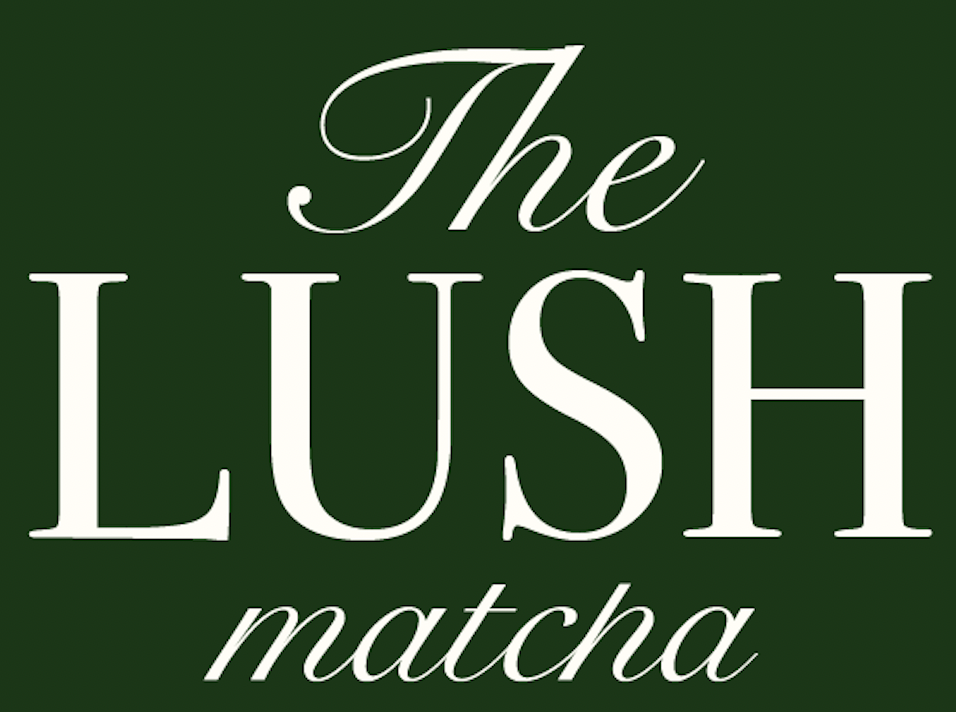To answer this question, we must first dive into some genetical informations.
Genetics.
Telomeres are repetitive DNA sequences at the ends of chromosomes. They protect the genetic data during cell division, kind of like the plastic tips on shoelaces that keep them from fraying.
Each time a cell divides, telomeres get slightly shorter. Eventually, they become so short that the cell can no longer divide safely, leading to cellular aging or senescence. This shortening process is closely linked to aging and age-related diseases.
Can green tea contribute to keeping telomeres from shortening over time ?
Yes, green tea may contribute to slowing telomere shortening, although the effect is modest and part of a broader picture of healthy aging.
Here's how green tea might help:
-
Rich in Antioxidants: Green tea is high in polyphenols, especially EGCG (epigallocatechin gallate), which help reduce oxidative stress — a major factor in telomere shortening.
-
Anti-inflammatory Effects: Chronic inflammation can accelerate telomere shortening. Green tea has well-documented anti-inflammatory properties that may help protect telomeres.
-
Potential Influence on Telomerase: Some studies (mostly animal or in vitro) suggest that green tea compounds may enhance telomerase activity, the enzyme that helps maintain telomeres. However, evidence in humans is limited and not conclusive.
What does research say?
-
A few observational studies* have found associations between green tea consumption and longer telomeres, especially in populations with regular tea-drinking habits (like in East Asia).
-
However, these are correlational, not causal — people who drink green tea may also engage in other healthy behaviors.
To summarize:
Green tea may help protect telomeres by reducing oxidative stress and inflammation, but it's not a magic bullet. A healthy lifestyle — including good sleep, regular exercise, stress reduction, and a nutrient-rich diet — works in combination to slow telomere shortening and support longevity.
*
-
Chinese Tea Consumption and Telomere Length in Elderly Chinese Men
A cross-sectional study involving over 2,000 elderly Chinese individuals found that higher consumption of Chinese tea (including green tea) was significantly associated with longer telomere length in men. Men consuming more than 3 cups daily had telomeres approximately 0.46 kilobases longer than those consuming less than 0.28 cups daily, equating to about five years of biological aging difference. -
Green Tea Consumption and Leukocyte Telomere Length Over Time
A longitudinal study of 1,952 participants over six years observed that daily green tea consumption (at least one cup per day) was associated with a slower rate of telomere shortening compared to non-consumers. This protective effect was more pronounced in women and individuals aged 50–64. -
Green Tea Supplementation in Obese Women
A randomized controlled trial demonstrated that green tea supplementation led to an increase in leukocyte telomere length among obese women, indicating a potential reversal of telomere shortening. -
Review on Polyphenol-Rich Diets and Telomere Shortening
A comprehensive review highlighted that diets rich in polyphenols, such as those found in green tea, are associated with slower telomere shortening. The antioxidant properties of green tea catechins, particularly epigallocatechin gallate (EGCG), may protect against oxidative stress, a contributor to telomere attrition.
